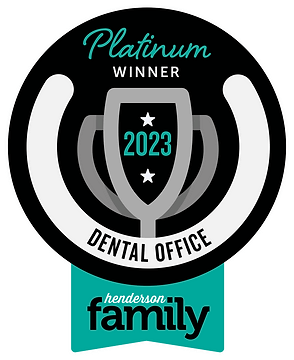Adjusting to New Dentures: What to Expect in the First Few Weeks
For many, getting dentures is not just about replacing missing teeth—it’s a significant life change that can affect everything from daily routines to social interactions. The journey to a confident smile is often filled with uncertainties, as patients grapple with excitement, anxiety, and anticipation about their new dental appliances.
The first few weeks after receiving dentures can be particularly challenging as your mouth adjusts to the new fittings. Eating, speaking, and even smiling can take some getting used to, and it’s normal to experience a mix of emotions during this period. Understanding what to expect can ease your transition and help you navigate any discomfort or hurdles with confidence.
How Long Does it Take to Get Used to Dentures?
The adjustment period varies from person to person, but most individuals can expect to adapt to their new dentures within a few weeks to a few months. While some may find themselves feeling comfortable with their dentures as quickly as a week, others may take longer to acclimate to the changes in their mouth.
The key to a smoother transition is patience. Your mouth will undergo several adjustments as the dentures settle into place, and you may experience varying degrees of sensitivity and discomfort during this time. It’s essential to remain patient, communicate with your dentist, and follow any care instructions provided.
Initial Discomfort
It’s common to experience some level of discomfort in the early days of denture wear. New dentures may feel bulky or cumbersome as your lips, cheeks, and tongue adjust to the new structure. You may also notice sore spots or irritation on your gums, especially as they begin to adapt. This sensitivity is often due to the rapid change in pressure and fit.
Challenges You Might Encounter
1. Physical Discomfort
In the initial days, it’s common to feel some soreness or irritation in your gums as they adjust to the new dentures. The pressure from the dentures can lead to small ulcers or sore spots in your mouth. To alleviate discomfort, consider the following tips:
- Use Oral Rinses: Saltwater rinses can soothe soreness and aid healing.
- Over-the-Counter Pain Relief: Anti-inflammatory medications can help manage pain if recommended by your dentist.
- Adjust Fit: If soreness persists, consult your dentist for adjustments; proper fitting is crucial to comfort.
2. Eating Difficulties
Transitioning to a new eating routine may be one of the more significant challenges. You might find it hard to chew foods or that certain textures feel strange. Here are some strategies to ease this process:
- Start Soft: Begin with softer foods like yogurt, mashed potatoes, and soups, gradually introducing more solid foods as your comfort level grows.
- Cut Small Bites: Chop your food into small, manageable pieces to reduce pressure on your gums.
- Stay Hydrated: Drink plenty of water, which can help facilitate swallowing and enhance your overall comfort
- Chew on Both Sides: To balance the pressure and avoid discomfort, try chewing on both sides of your mouth. This can help distribute the force more evenly and allow your gums to adapt without becoming overly sore on one side.
- Avoid Sticky and Hard Foods: For the first few weeks, it’s best to steer clear of sticky foods like caramel or taffy, as well as hard items such as nuts or raw vegetables. These can dislodge your dentures and increase discomfort.
- Use a Denture Adhesive: If your dentures feel loose while eating, consider using a denture adhesive for better stability. This can provide additional support and lessen the chances of your dentures shifting.
3. Speaking Challenges
Another common hurdle is talking clearly with new dentures. Many patients experience a slight lisp or difficulty pronouncing certain sounds initially. Here are several tips to improve your speaking ability:
- Practice Speaking: Read aloud to yourself or practice tongue twisters to get accustomed to the feel of your dentures in your mouth. Repetition will help your mouth and tongue learn to work with the dentures, making speech easier over time.
- Slow Down: When adjusting to new dentures, it’s essential to talk at a slower pace. Speaking too quickly can lead to mispronunciations or feeling awkward while enunciating words. Take your time to articulate each sound clearly.
- Stay Calm and Confident: Remember that it’s natural to feel self-conscious during this adjustment phase. Take a deep breath, remain calm, and maintain a positive attitude. Confidence can greatly enhance your speech clarity.
- Be Patient with Yourself: Adjusting to dentures can take time, and every person’s adaptation period varies. Recognize that mispronunciations may happen, but with persistence and practice, your speech will improve.
Making a Denture Care Routine
Once you have adjusted your speech and eating habits, establishing a consistent denture care routine is essential for maintaining oral health and the longevity of your dentures. Here are key practices to help you adequately care for your dentures:
1. Daily Cleaning
- Rinse After Meals: Always rinse your dentures after meals to remove food particles. This simple step helps prevent bacteria buildup and keeps your smile fresh.
- Use the Right Cleaning Products: Invest in a denture brush and a non-abrasive denture cleanser specifically designed for false teeth. Regular toothpaste can damage your dentures, so stick to products that are safe for them.
- Soak Your Dentures: Each night, soak your dentures in a denture cleaning solution or plain water. Soaking helps remove stains and prevents the dentures from drying out and losing their shape.
2. Regular Dental Check-ups
- Schedule Follow-up Appointments: It’s crucial to have regular check-ups with your dentist, especially in the initial weeks after getting dentures. Your dentist can monitor how well your dentures fit and make needed adjustments to enhance comfort and function.
- Address Any Issues Promptly: If you experience any discomfort or notice sore spots, don’t hesitate to contact your dentist. Early intervention is key; sore spots can lead to more significant problems if left untreated.
Let Us Give You an Audubon Smile
The staff at Audubon Dental is committed to providing you with prompt, professional, and personal service. Discover the possibilities of a radiant and confident smile by scheduling a consultation with us today. Your journey to a brighter, healthier, and more beautiful smile begins here!





